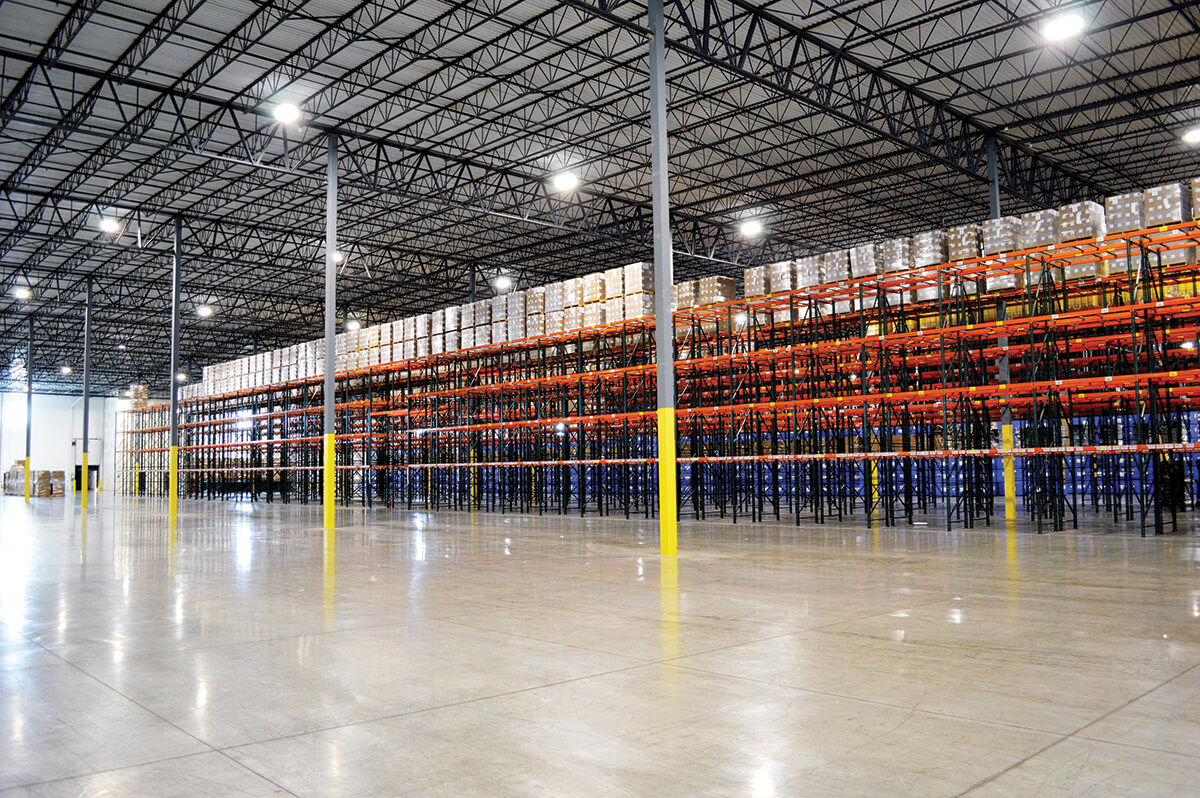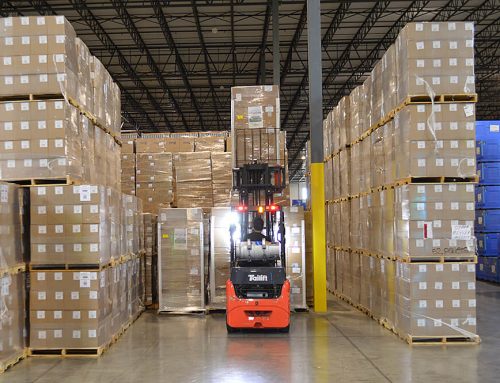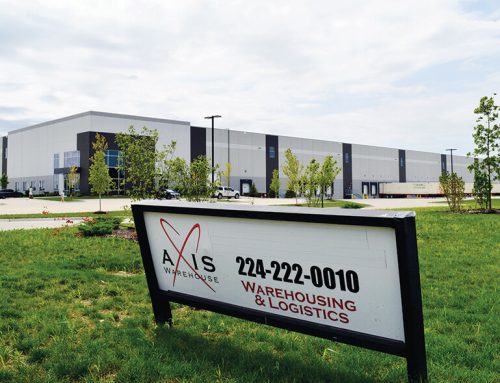In today’s fast-paced business world, companies always look for ways to streamline operations and boost efficiency. One increasingly popular solution is contract warehousing. But what exactly is contract warehousing, and how can it help businesses? In this guide, we’ll break down the basics of contract warehousing in easy-to-understand terms and cover its key features.

What is contract warehousing?
Contract warehousing is a unique arrangement where a company leases storage space and logistics services from a third-party logistics provider, known as a 3PL), often under a long-term agreement. This 3PL is responsible for crucial tasks such as storing, packing, and shipping goods, all tailored to the client's needs as outlined in the contract.
This setup offers businesses a convenient way to manage their inventory without the need for their own warehouse space. It provides the freedom to adjust storage space based on demand changes and allows them to focus on their primary business activities, relieving them of the burden of warehouse management.
Key Features of Contract Warehousing
Contract warehousing offers customized solutions to meet each client's needs. Businesses can quickly scale their warehousing space and services up or down based on seasonal fluctuations, market demand, or business growth without significant investments.
These services typically include storage, inventory management, order fulfillment, and shipping logistics. In addition, many providers offer value-added services such as kitting, labeling, packaging, and returns management, further enhancing the efficiency and effectiveness of the warehousing process.
Benefits
- Cost Savings
Contract warehousing allows businesses to reduce overhead costs by not investing in warehouse infrastructure, equipment, or staff. - Operational Efficiency
Working with a specialized logistics partner enhances operational efficiency, leading to faster and smoother warehouse operations. - Risk Mitigation
Contracting with a reputable third-party provider can provide a sense of security by helping to mitigate risks associated with warehousing operations, such as inventory shrinkage, damage, theft, or compliance issues. The 3PL assumes responsibility for these aspects of the supply chain, ensuring a secure warehousing environment.
Agreement Considerations
Contract warehousing agreements offer flexibility regarding contract duration, service levels, and pricing structures, allowing businesses to tailor solutions to their needs and budget constraints.
- Contract Terms: Review contract terms, including service levels and pricing, to ensure they align with business objectives.
- Service Level Agreements (SLAs): Establish clear SLAs with the 3PL provider to monitor performance and ensure compliance.
- Technology Integration: Evaluate the 3PL's capabilities and ensure compatibility with existing systems for seamless operations.
Contract warehousing is a helpful option for businesses to manage their storage and logistics efficiently. Companies can enjoy customized storage solutions, expert inventory management, and smooth order fulfillment services by teaming up with providers like Axis Warehouse & Logistics.
With the flexibility to negotiate terms and services according to their needs, businesses can improve their operations, cut costs, and concentrate on their primary tasks. As the logistics industry evolves, warehousing will remain valuable for companies looking for reliable and scalable warehousing solutions.




